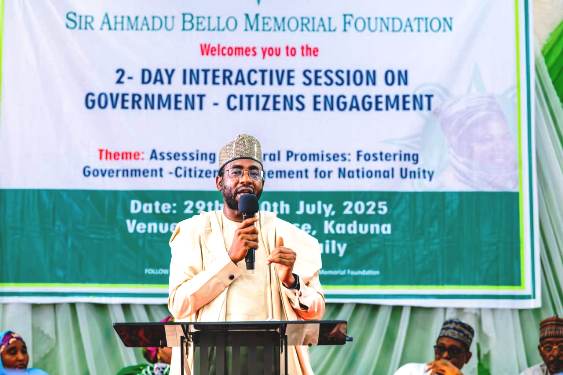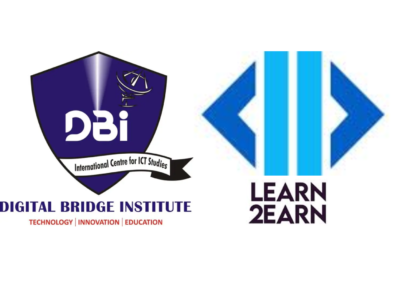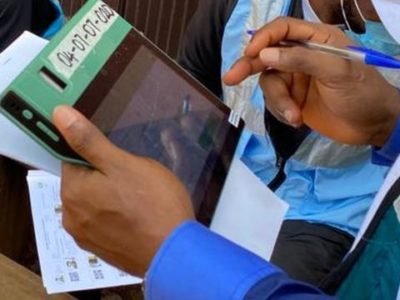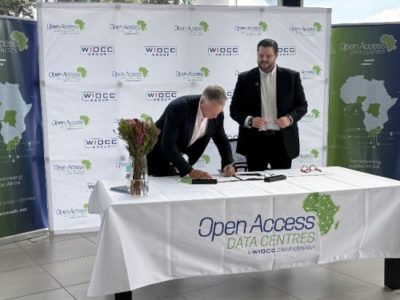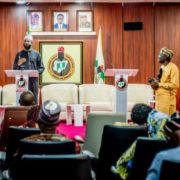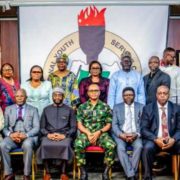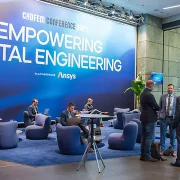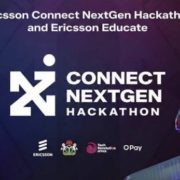Highlights from Sir Ahmadu Bello Memorial Foundation’s Government–Citizen Engagement Forum in Kaduna
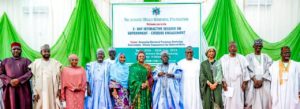
The Director General of the National Information Technology Development Agency (NITDA), Kashifu Inuwa Abdullahi, has reaffirmed the Federal Government’s commitment to digital transformation as a catalyst for inclusive national development, economic empowerment, and unity.
RELATED: NITDA names DBI President Daser David to lead committee towards 95% digital literacy by 2030
Speaking at a 2-Day Interactive Session on Government–Citizen Engagement hosted by the Sir Ahmadu Bello Memorial Foundation at Arewa House in Kaduna, Abdullahi emphasized that digital literacy, infrastructure, and innovation are central to realizing the Renewed Hope Agenda of President Bola Ahmed Tinubu.
Digital Transformation: A Pillar of National Unity and Progress
Under the theme, “Assessing Electoral Promises: Fostering Government Engagement for National Unity,” the forum brought together key stakeholders from government, civil society, and academia to evaluate how electoral promises are translating into tangible governance outcomes.
Abdullahi asserted that digital transformation cuts across all sectors—from agriculture to healthcare—and is essential to providing equitable access to opportunities for all Nigerians.
“Digital technology is not a vertical sector; it is pervasive and foundational. It powers everything else and provides a framework for inclusive growth,” he noted.
Building Human Capital Through Digital Skills
Abdullahi outlined NITDA’s strategic priorities as centered on:
- Human capital development
- Digital infrastructure
- Innovation-driven entrepreneurship
Highlighting the 3 Million Technical Talent (3MTT) programme and the Digital Literacy for All campaign, Abdullahi said over 350,000 Nigerians in the North have been trained since 2023. The goal is to ensure that by 2027, 70% of Nigerians attain basic digital literacy.
To scale this initiative, NITDA is:
- Collaborating with the Federal Ministry of Education to integrate digital skills into formal education, from kindergarten to university
- Partnering with the National Universities Commission (NUC) to embed digital literacy in general studies curricula
- Working with the National Youth Service Corps (NYSC) to train corps members to serve as digital ambassadors in rural and underserved communities
90,000km Fiber Optic Network to Expand Broadband Access
On infrastructure, Abdullahi revealed that the Federal Government has approved the deployment of 90,000 kilometers of fiber optic cables nationwide, aimed at improving broadband penetration and internet accessibility.
He noted that:
- Three digital centers are being established in each state
- 13 IT Community Centres, 101 Digital Economy e-Learning Centres, and one Cybersecurity Research Centre have been completed over the past two years
- These initiatives will significantly benefit underserved communities, especially in Northern Nigeria
Global Tech Giants Flock to Nigeria Amid Investment Reforms
Abdullahi commended the conducive investment climate created by President Tinubu’s reforms, which is attracting major international tech companies, including Google and Microsoft, to invest in Nigeria’s digital economy.
He also announced Nigeria will host two high-profile global tech events:
- GITEX Nigeria in September 2025
- United Nations’ ICEGOV Summit in November 2025
These events are expected to draw global innovators, investors, and policymakers, further positioning Nigeria as a leading digital economy hub in Africa.

